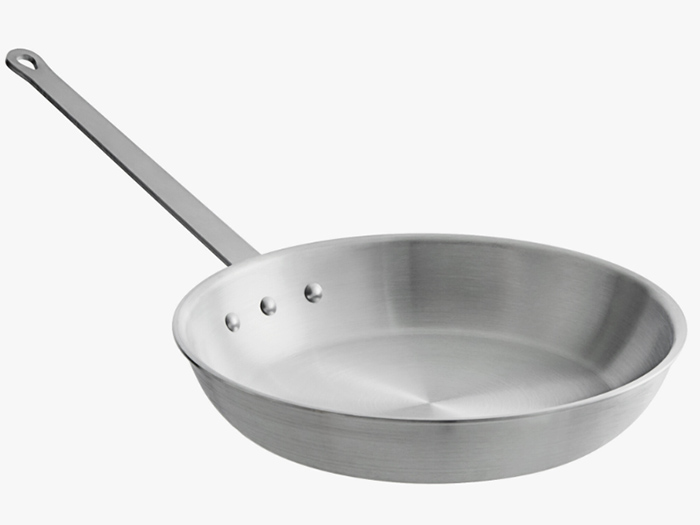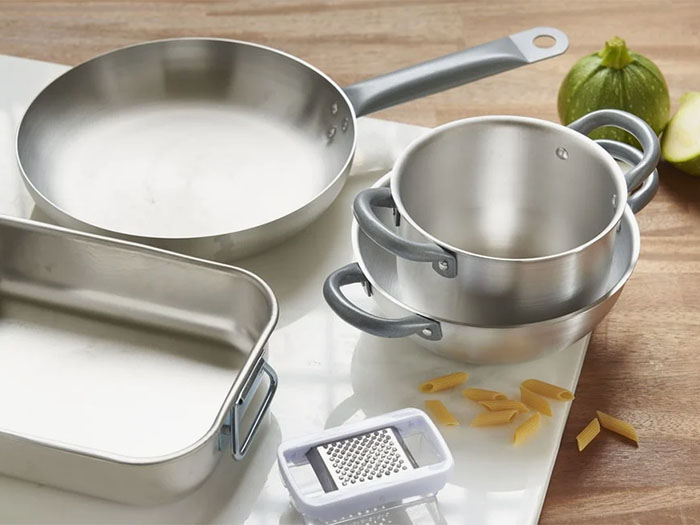Aluminum pans or aluminum pots etc. have been a staple in kitchens for their affordability, heat conductivity, and ease of use. However, concerns about their safety have led to a debate on whether they are suitable for cooking.
Aluminum is a metal known for its excellent heat conductivity, which makes it ideal for cookware. It heats up quickly and distributes heat evenly, reducing hot spots and ensuring more consistent cooking results. Here’s a comparison of aluminum cookware with other materials:
| Material | Heat Conductivity | Weight | Cost | Durability | Reactive with Acidic Foods |
|---|---|---|---|---|---|
| Aluminum | High | Light | Low | Moderate | Yes |
| Copper | Very High | Heavy | High | High | Yes |
| Stainless Steel | Moderate | Moderate | Moderate | High | No |
| Cast Iron | Low | Heavy | Low | High | No |

The primary concern with aluminum cookware is the potential for aluminum to leach into food, especially under certain conditions. Here’s what the research says:
To minimize potential risks, follow these guidelines:

Anodization is an electrochemical process that enhances the natural oxide layer on aluminum, making it more durable, corrosion-resistant, and less reactive with acidic foods. Here’s how anodized aluminum compares to standard aluminum:
| Feature | Standard Aluminum | Anodized Aluminum |
|---|---|---|
| Durability | Moderate | High |
| Resistance to Corrosion | Low | High |
| Reaction with Acidic Foods | Yes | Reduced |
| Scratch Resistance | Low | High |
| Temperature Resistance | Moderate | High |
If you’re looking for alternatives, consider the following materials:
Aluminum pans are generally safe for cooking when used correctly. The potential health risks associated with aluminum leaching are minimal for most people. However, for those with certain health conditions or concerns, alternatives like anodized aluminum, stainless steel, ceramic, or cast iron may be preferable. By following best practices for care and use, aluminum cookware can continue to be a valuable asset in the kitchen.
Copyright © Huasheng Aluminum 2023. All rights reserved.